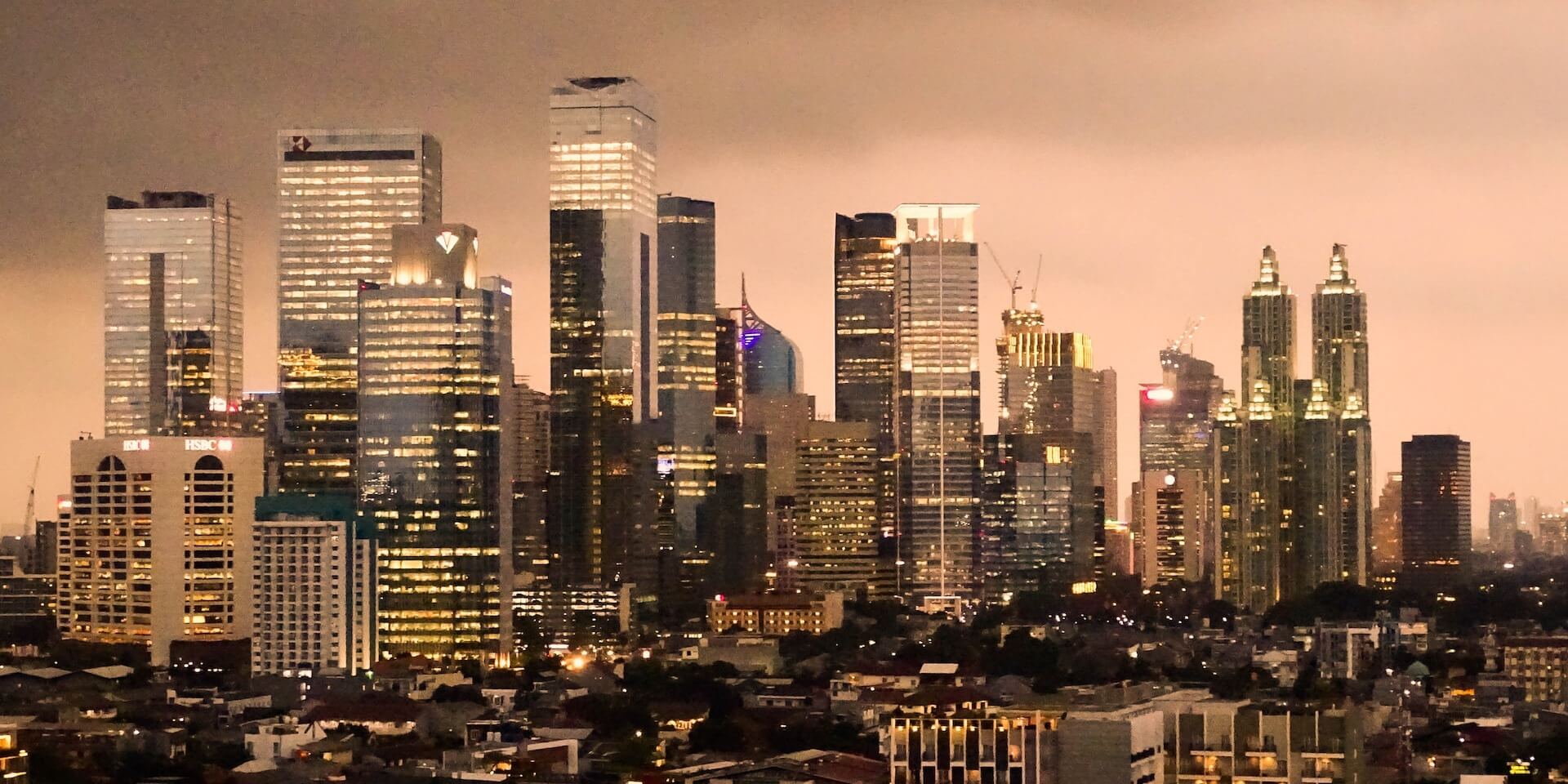Indonesia Sharia Economic Festival – How will the event resonate locally and globally?
The tenth Indonesia Sharia Economic Festival (ISEF) will be held on October 25-29, billed as the biggest business exhibition in the country.
Held by Bank Indonesia - the country's central bank, Halal Expo Indonesia, and Indonesian Muslim Entrepreneur Community or KPMI, ISEF will be even more festive this year, including sidekick events such as Indonesia International Modest Fashion Festival (IN2MF) which encourage international designers to increase scale and make Indonesia a reference point for world modest fashion.
There is also the Indonesia International Halal Chef Competition (IN2HCC).
As the largest halal festival event in Indonesia, ISEF 2023 collaborates with 22 local ministries and institutions, 37 associations, 1,003 industry players and 46 international partners.
The key ask is: how can events such as ISEF play a defining role in developing the country’s halal industry?
Arief Hartawan, executive director - head of Sharia Financial and Economic Department at the country’s Central Bank tells Salaam Gateway that ISEF has brought several kinds of transactions to the table including Sharia financial institution financing, transactions between businesses or business matching (B2B), and transactions between businesses and consumers (B2C). He expects the total transaction value to scale to at least 28.9 trillion rupiah ($1.83 billion) during the exhibition, up from last year’s 27.6 trillion rupiah ($1.69 billion).
“We hope [the transaction value] will increase 5 percent compared to last year in the least,” he said, adding that such events play three key roles. Firstly, they help build an underdeveloped halal industry market and key verticals such as halal tourism.
Secondly, they work towards boosting the tepid Islamic finance market, which hovers at around 10% of the overall finance industry. Lastly, they can be instrumental in boosting the halal industry as well as Sharia economy literacy that is currently around 23.3%, far from this year government's target of 50%.
“We hope to hold such halal expo(s) regularly, not only to introduce halal products but also and more importantly to introduce the halal industry concept as a whole, known as halal value chain. By participating in such halal expos, entrepreneurs can integrate within the local halal value chain, even the global halal value chain,” Hartawan said.
With the help of such events, the Central Bank also estimated the halal value chain (HVC) priority sector such as agriculture, F&B, modest fashion and halal tourism can witness a growth of 4.5 - 5.3% this year, followed by growth of Islamic bank financing of 14 -16%.
Expanding the net
Rachmat Surtanas Marpaung, chairman of the Indonesian Muslim Entrepreneur Community or KPMI added that they will facilitate the business matching program during the halal exhibition.
KPMI currently hosts 45 representative offices, including three overseas ones in Saudi Arabia, Qatar and Egypt. It is a regular participant in international trading expos, backed by the country’s ministry of foreign affair as well as its trade ministry.
“We were formed in 2010 and one of our main missions is to bring our members, around 48,000 small medium entrepreneurs, to the international market. Since 2013, we have taken part in international trade exhibitions in the Middle East, Southeast Asia, Japan, Korea, China and even in the European Union, to extend our network,” Marpaung tells Salaam Gateway.
Marpaung hopes this year’s halal expo will attract exhibitors from several countries to build a network to discuss the potential of developing Indonesia as a global hub for halal industry and Islamic finance. He also extended an invite to international SMEs from countries such as Malaysia, Singapore, Thailand, Japan, Korea, Saudi Arabia, Sudan, Tanzania, Oman, Qatar, Somalia, South Africa, Egypt, UK, Syria and Canada.
“They are ready to participate as exhibitors, buyers, and investors. The main goal is not the quantity of transactions but the quality of networking,” he added.
KPMI has collaborated with various Islamic financial institutions such as Hijra Bank, Bank Syariah Indonesia, EximBank, securities crowdfunding platform such as Shafiq, LBS-Urun Dana and Urun-RI and also cooperatives such as Ash-Shiddiq. SMEs attending the event can directly establish contact.
“Halal expo is also a marketing platform both for B2B such as trade missions between countries and B2C such as modest fashion festivals,” Marpaung added.

